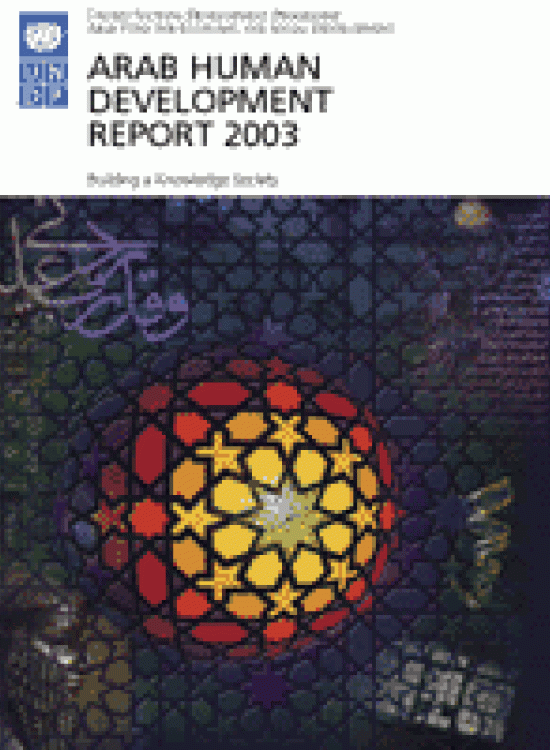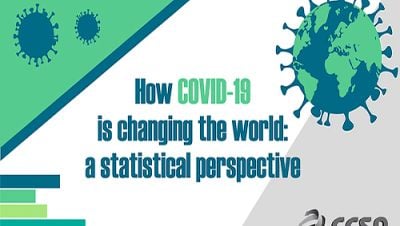Arab Human Development Report 2003
Building a Knowledge Society

Download Report by Language
Document
rbasahdr2003en.pdf
(2.12 MB)
Citation
Laila Abdel Majid - Contributing Author, Fowziyah Abdullah Abu-Khalid - Contributing Author, Muhammad Hassan Al-Amin - Contributing Author, Aziz Al-Azmeh - Contributing Author, Sami Al-Banna - Contributing Author. 2003. Arab Human Development Report 2003: Building a Knowledge Society. New York.
Arab Human Development Report 2003
Building a Knowledge Society
Posted on: January 01, 2003
AHDR 2002 challenged the Arab world to overcome three cardinal obstacles to human development posed by widening gaps in freedom, women’s empowerment and knowledge across the region. Looking at international, regional and local developments affecting Arab countries since the report was issued confirms that those challenges remain critically pertinent and may have become even graver, especially in the area of freedom. Nowhere is this more apparent than the status of Arab knowledge at the beginning of the 21st century, the theme of this second report. Despite the presence of significant human capital in the region, AHDR 2003 concludes that disabling constraints hamper the acquisition, diffusion and production of knowledge in Arab societies. This human capital, under more promising conditions, could offer a substantial base for an Arab knowledge renaissance. The Report affirms that knowledge can help the region to expand the scope of human freedoms, enhance the capacity to guarantee those freedoms through good governance and achieve the higher moral human goals of justice and human dignity. It also underlines the importance of knowledge to Arab countries as a powerful driver of economic growth through higher productivity. Its closing section puts forward a strategic vision for creating knowledge societies in the Arab world based on five pillars: Guaranteeing key freedoms; Disseminating quality education; Embedding science; Shifting towards knowledge based production; and Developing an enlightened Arab knowledge model. AHDR 2003 makes it clear that, in the Arab civilization, the pursuit of knowledge is prompted by religion, culture, history and the human will to achieve success. Obstructions to this quest are the defective structures created by human beings- social, economic and above all political. Arabs must remove or reform these structures in order to take the place they deserve in the world of knowledge at the beginning of the knowledge millennium."

